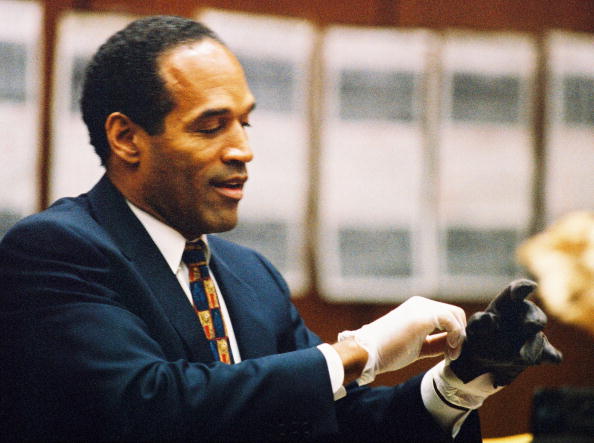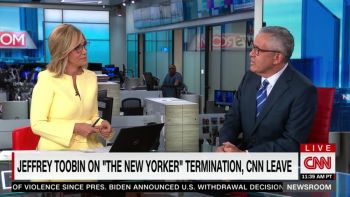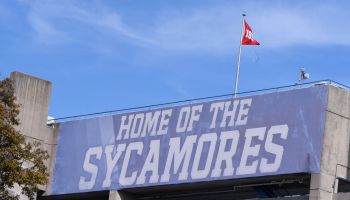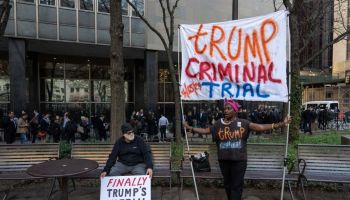UPDATED: 9:25 a.m. ET, June 18
Originally published June 14
The North Carolina plantation whose controversial Juneteenth celebration included an event that was sympathetic to slave owners and didn’t properly recognize slavery itself has closed its doors after backlash. Juneteenth, of course, commemorates the official end of slavery in the United States.
The Historic Latta Plantation announced on Thursday that it would be closing for business “until further notice” without making any mention of the since-canceled event that featured an evening with a newly homeless “Massa” recounting his experiences.
“Historic Latta Plantation, within Latta Nature Preserve, is closed until further notice,” Mecklenberg County government said in a statement posted on its website.
“Over the next few months, we will evaluate the best path forward for Latta Plantation and its programming, ensuring that the site is utilized in an appropriate, forward-thinking manner,” Mecklenberg County Park and Recreation Director W. Lee Jones said. “As our review continues, we feel it is in the best interest of the community and the property to close for now until other plans can be announced.”
Site manager Ian Campbell, who is Black and planned the event, refused to apologize in a rambling post that is still live on the plantation’s website. He blamed “yellow journalism,” online outrage, insisted he is committed to educating people and pointed to the ruin of a free event.
In doing so, Campbell also drew further attention to the problem with ignoring historical accuracy in education. It was also a reminder about why plantation tourism probably should not exist.
Campbell clearly didn’t understand his Juneteenth assignment.
His response is riddled with inconsistencies. Insisting white supremacy would not be a part of his work, Campbell also claimed that it is “pointless” to tell the story of newly freed Black people without telling the stories of former slave owners and overseers.
He continued to disparage and distort the legacy of newly freed Black people.
“Those formerly enslaved are now freedmen and have taken over the massa’s house, the house they toiled in seven days a week or in many cases on other plantations even built. They are now living high on the hog, bottom rail on top massa,” wrote Campbell.
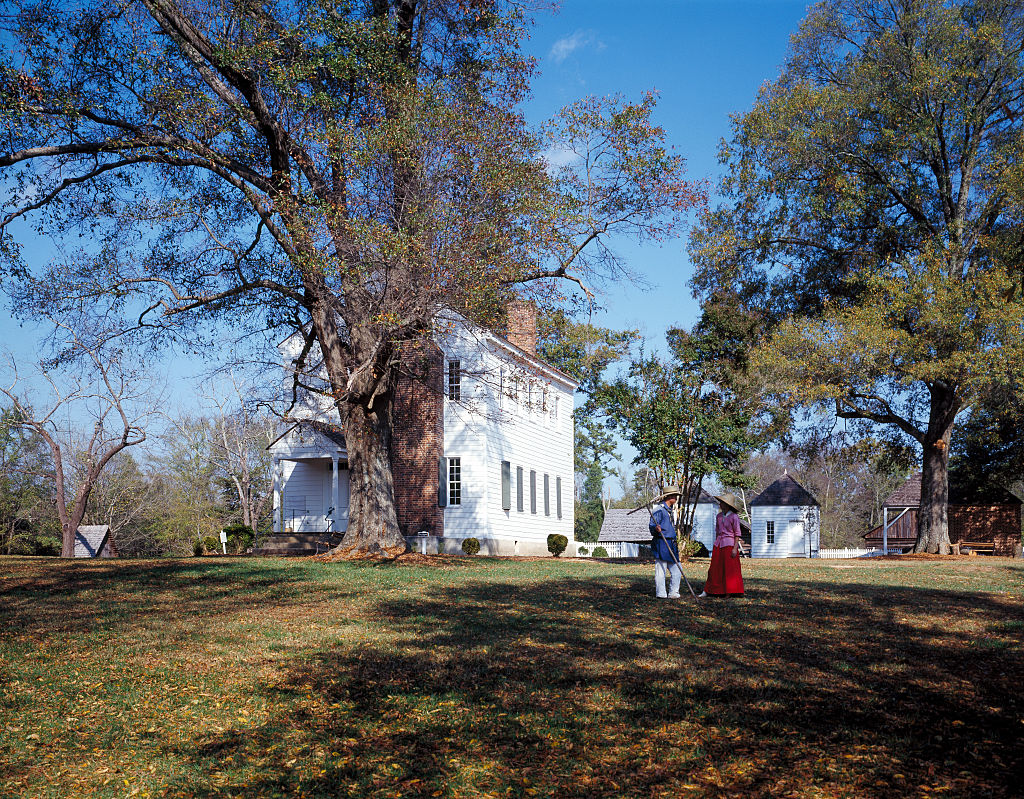
Source: Buyenlarge / Getty
Whether Campbell realizes it or not, his approach does more harm than good and upholds white supremacy. The entire premise of the event was a huge fail, and not grounded in actual history.
Having lives intertwined with their oppressors does not mean that “Massa” and his overseer need to be positioned as central figures in a Juneteenth celebration. To cast white owners and overseers as refugees or the victims of an economic downturn is disrespectful and racist.
Black or white, the impact is still the same. It really doesn’t matter what event Campbell thought he was doing. And this event allegedly flew under everyone’s radar, which raises other questions about programming at Latta, including the Civil War soldier summer camp.
Drawing unwanted scrutiny to itself, the North Carolina “living history” farm could lose support from Mecklenburg County and the city of Huntersville. Local news reported both the city and Mecklenburg County were “reviewing their ties” to Latta Plantation.
In a statement, the county stated its commitment to diversity and said it had a zero-tolerance policy toward programs that do not embrace equity and diversity.
Charlotte Mayor Vi Lyles said in a statement that the Latta Plantation should have “known better.” From Campbell’s statement, it doesn’t seem like he nor the plantation had a clue about what it means to represent the lives of enslaved Black people or how to commemorate their freedom.
Even if they have since learned the error in their ways, there remains a description of the Civil War Soldier’s Life program on the plantation’s website that says it is “taken from a viewpoint that neither favors nor discredits, this program discusses the political, social, and military aspects of this tragic conflict.”
Revisionist historical re-enactments are not new. The south is full of them. But the focus on empathy with southern planters and their white employees speaks to a larger issue.
In March, a North Carolina school district came under fire for mock tweets from students promoting slavery. Another historical role-playing event, “gone wrong,” these incidents are more common than one would think for the 21st century.
Whether in a classroom or on a plantation, teaching history needs more than lip service to cultural sensitivity. And while some plantations have “evolved,” there’s clearly more work to do.
Like the Whitney in Louisiana, few plantations center the lives and experiences of formerly enslaved Black people. The Washington Post recently highlighted efforts by the Whitney to work with descendants in figuring out programming that directly supports descendants of those formerly enslaved on the site. Both Middleton Place in South Carolina and Thomas Jefferson’s Monticello in Virginia award partial scholarships to descendants of those once enslaved on the plantations.
A $2,000 to $5,000 scholarship is not reparations but represents a shift in the way plantations exist beyond tourist attractions. Joy Banner, the founder of the Descendant Project, told the Washington Post she would ultimately like to see a transfer of land ownership or a land conservancy that would directly benefit descendants of those enslaved on the Whitney Plantation.
“There are as many different forms of reparations as you can think of because healing looks different in every community,” Banner told the Washington Post. “It’s my calling from God to do what I can to protect the descendant community and help us grow.”
SEE ALSO:
Georgia’s Voter Suppression Bill Signed Into Law While Slave Plantation Painting Hangs In Background
Eddie Murphy Was ‘Cooning’ On SNL ‘Plantation,’ Bill Cosby’s Rep Says
